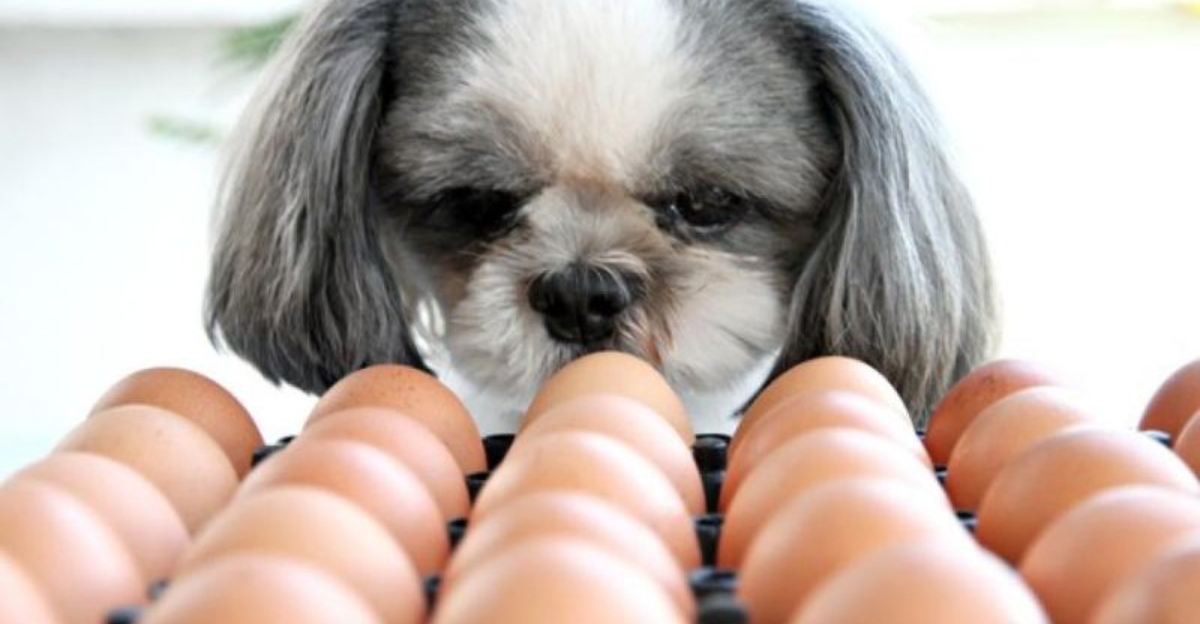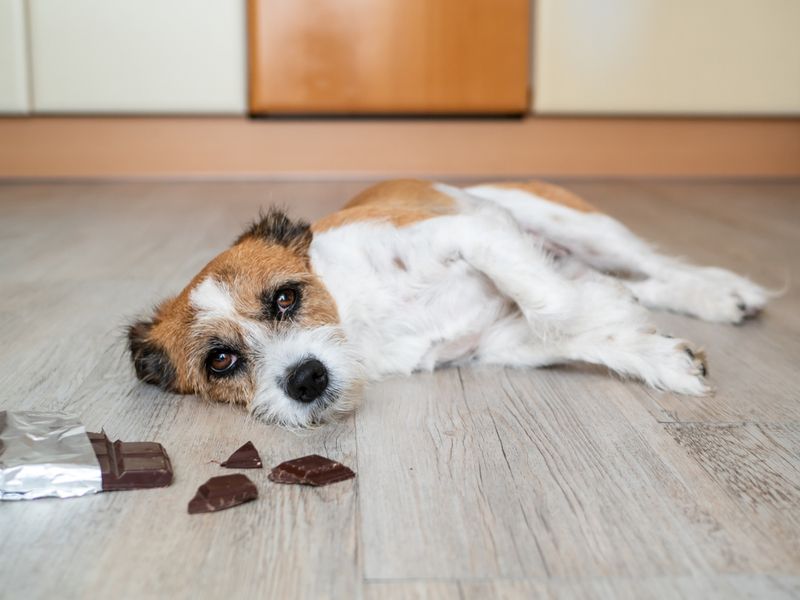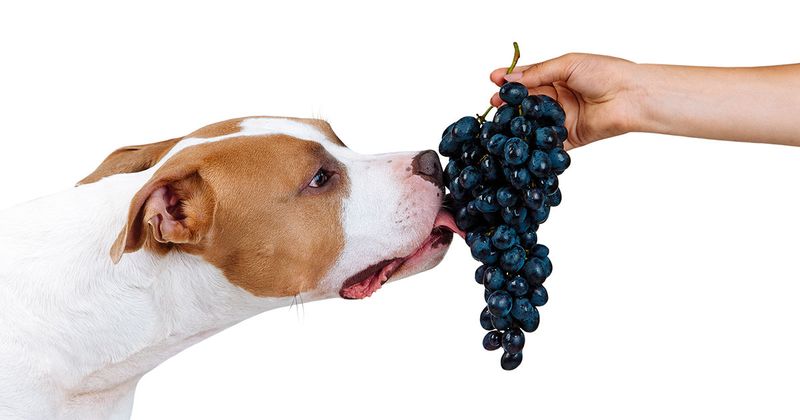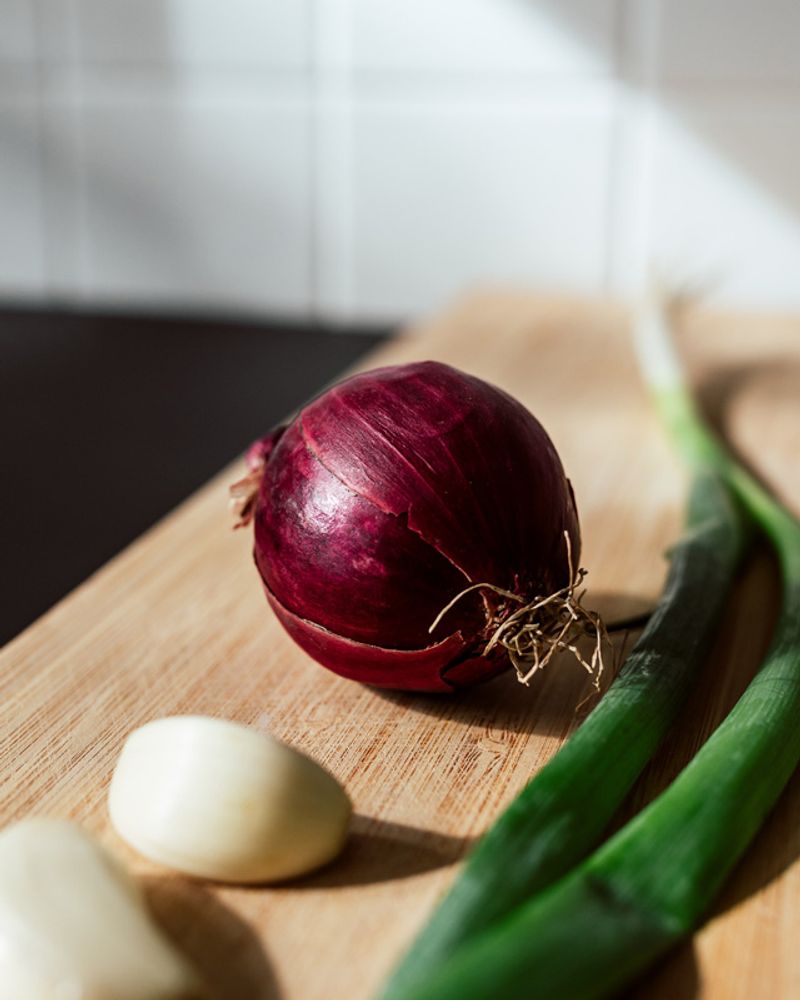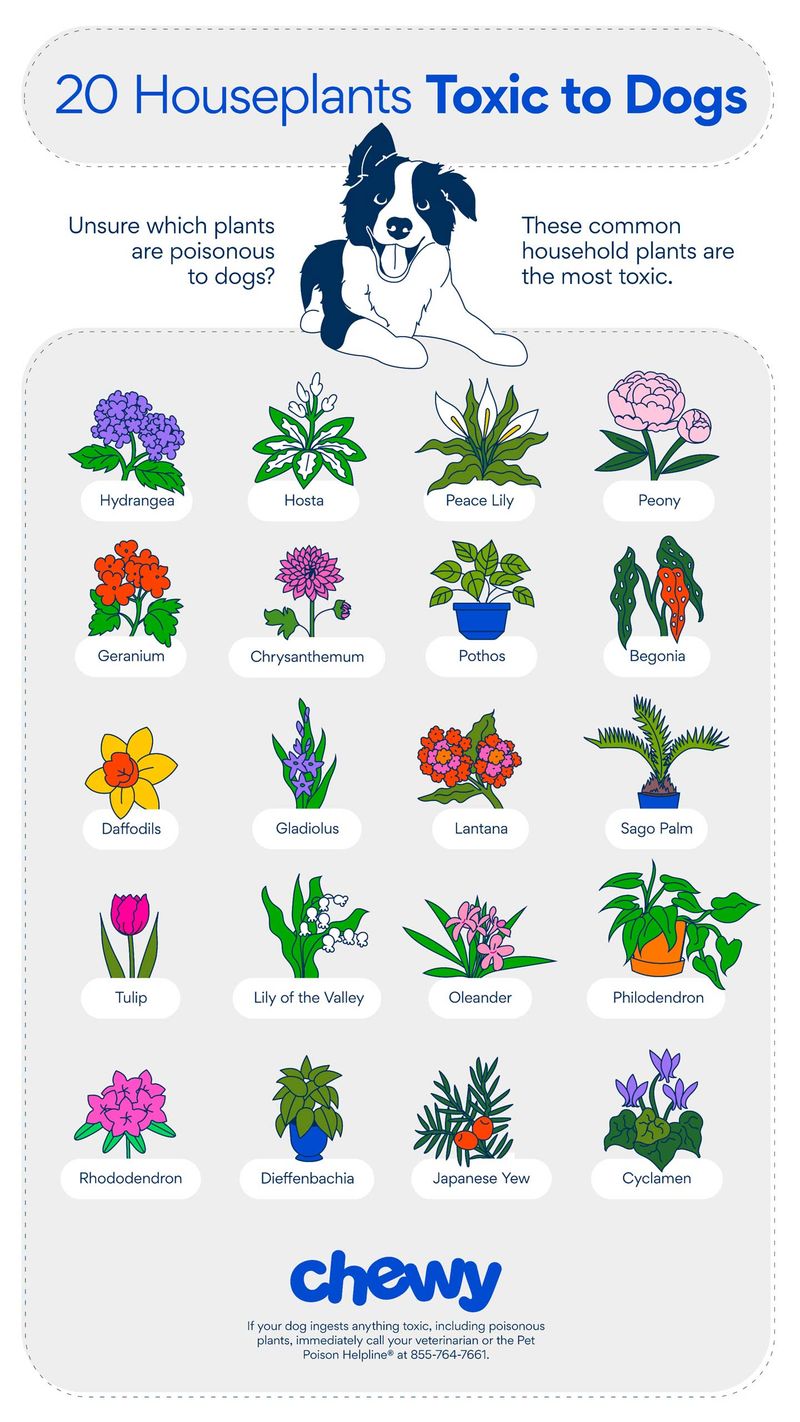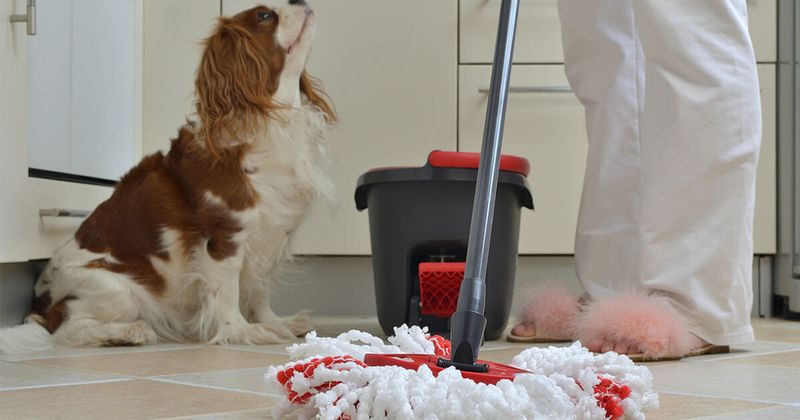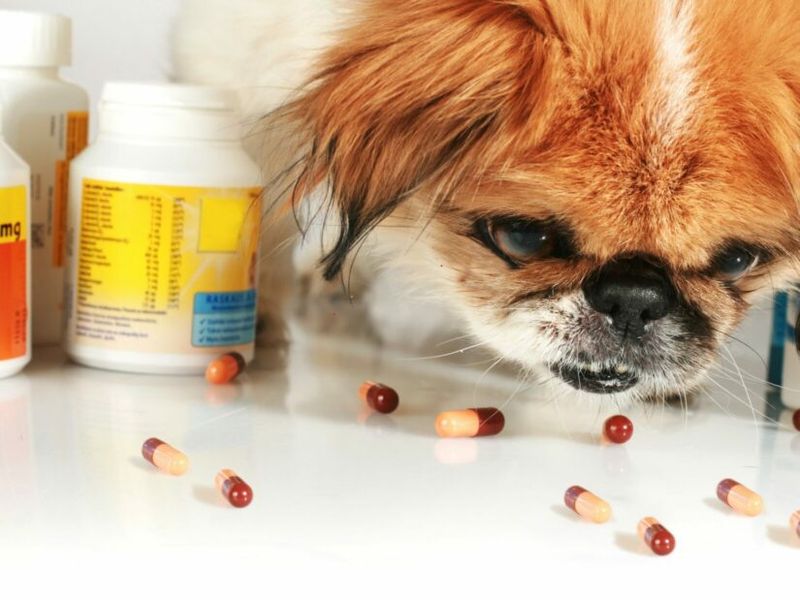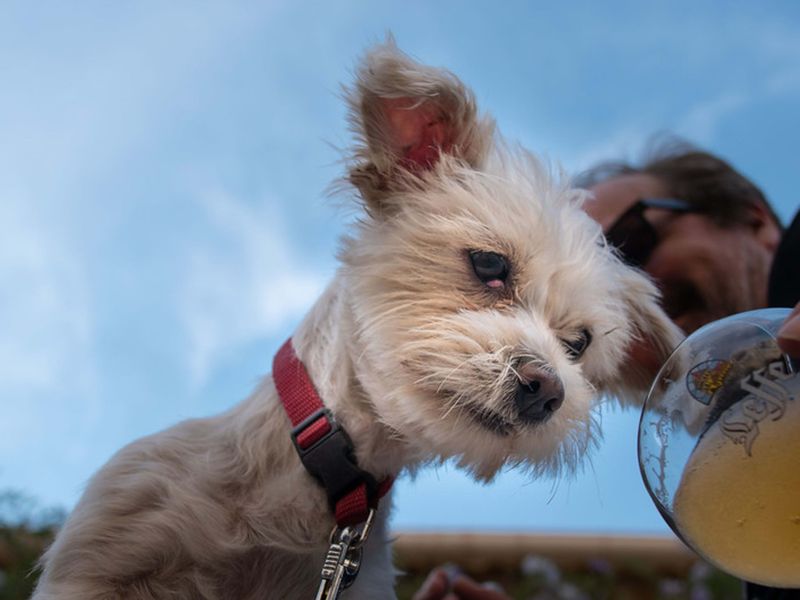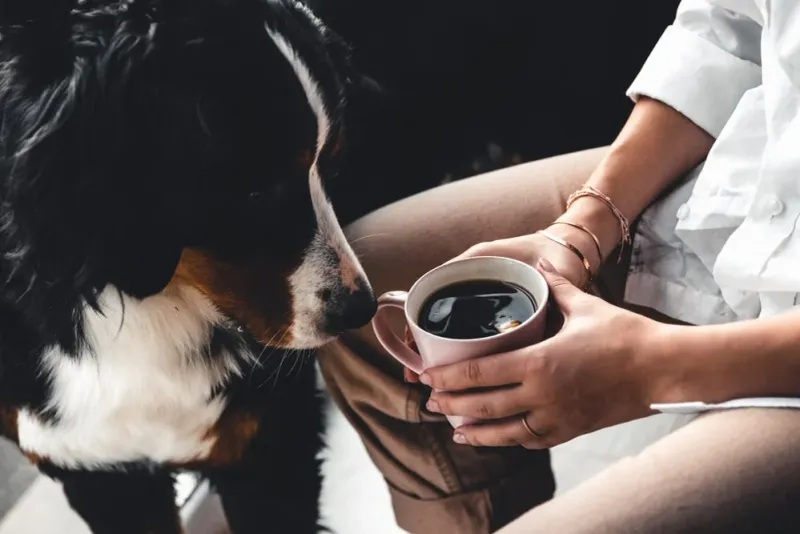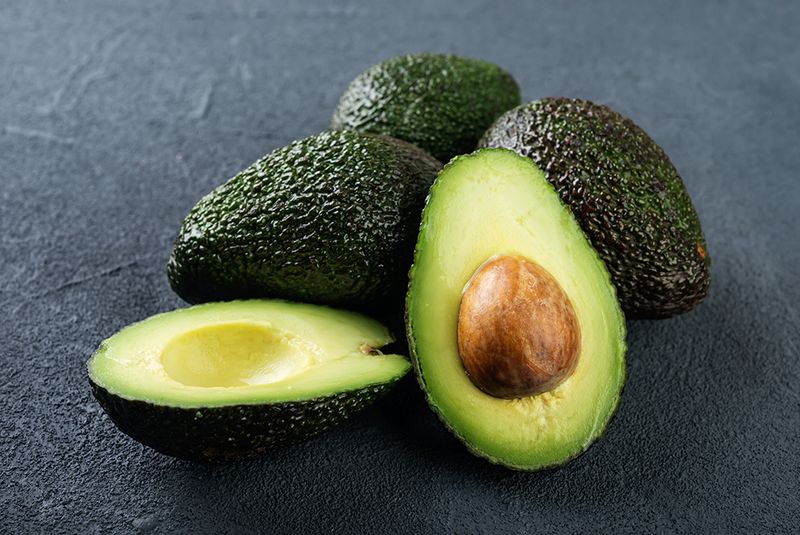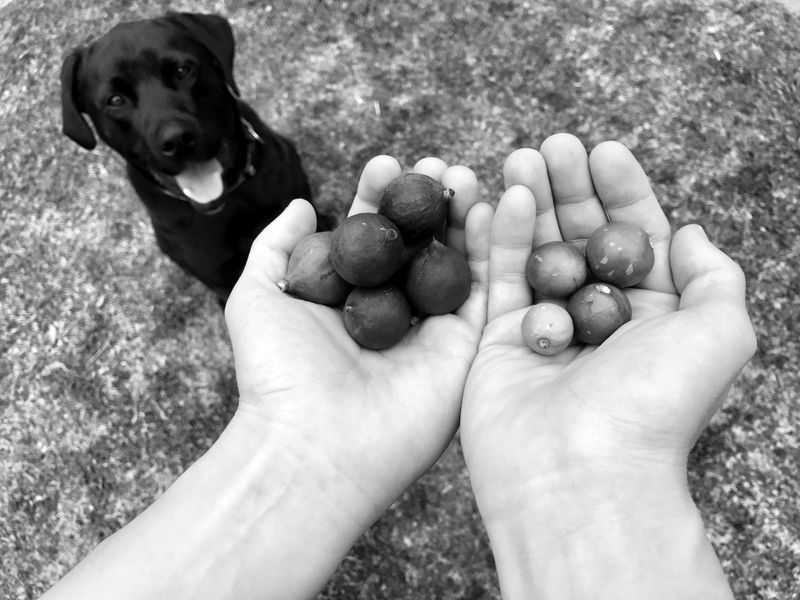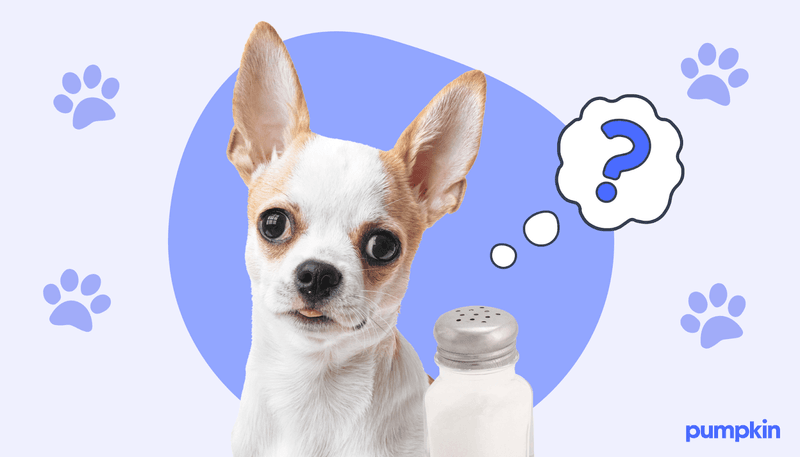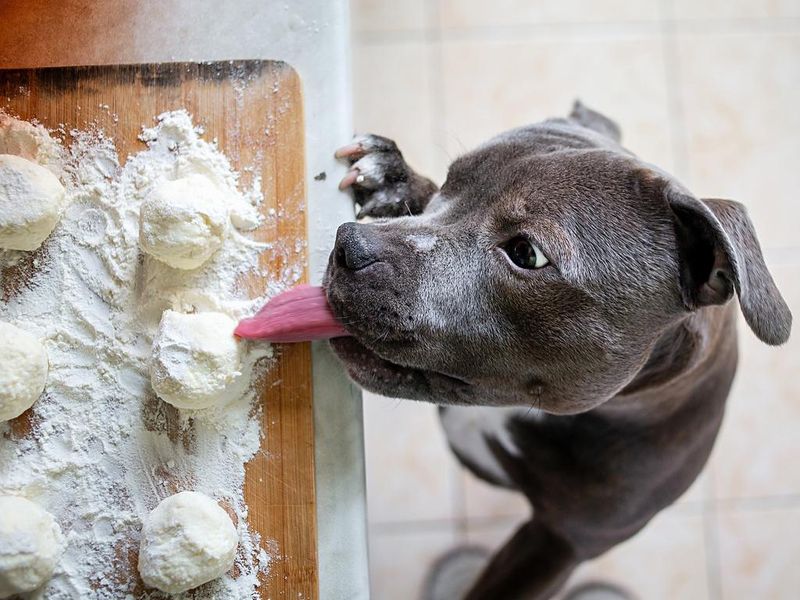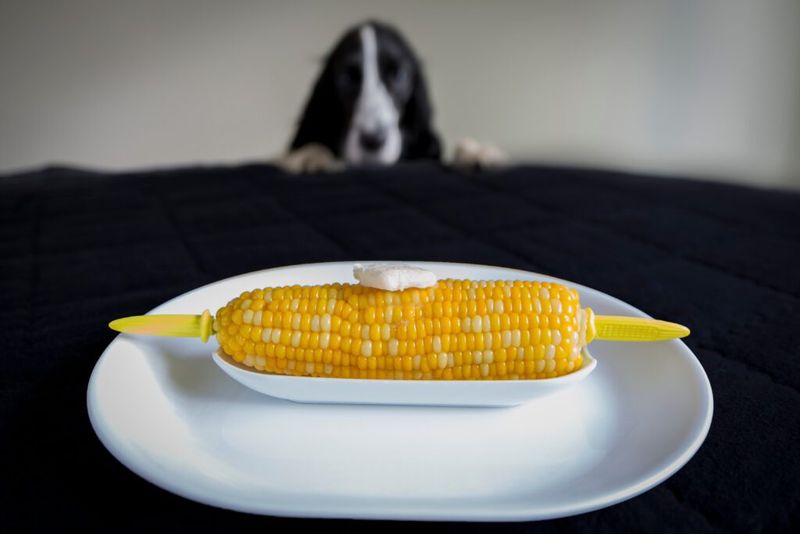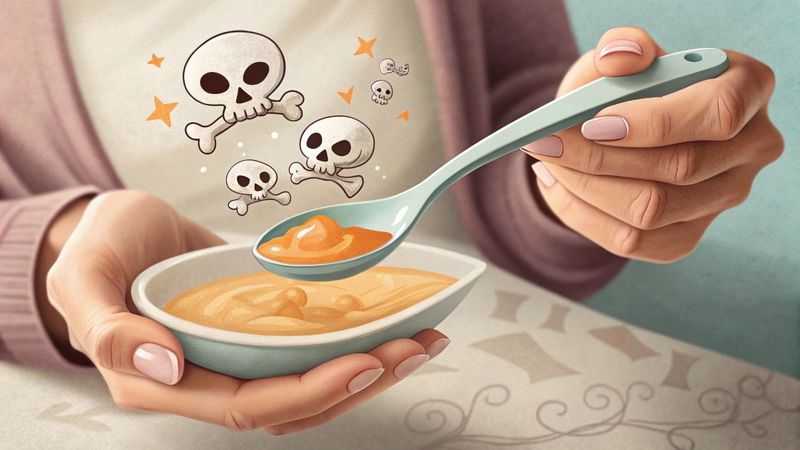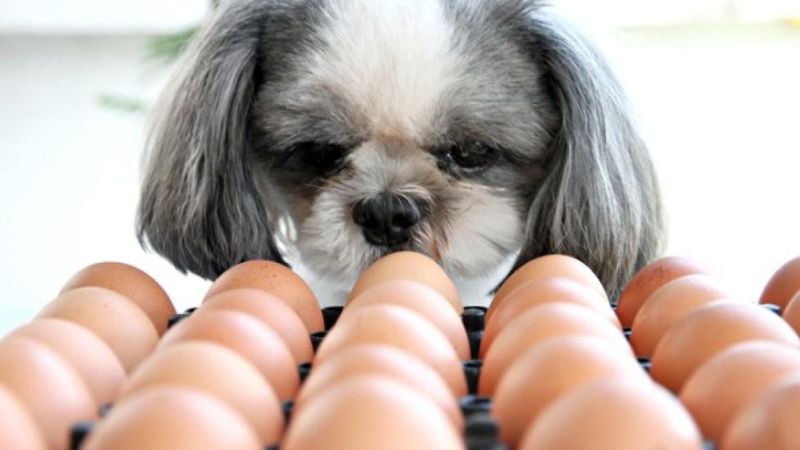Many household items, while seemingly harmless, can pose significant risks to our beloved pets. From common foods to cleaning agents, these items may lead to anything from mild discomfort to severe health issues. Knowing what these items are and what alternatives to use can keep your furry friends safe and healthy. Let’s explore 17 everyday household items that are toxic to pets and discover safer alternatives to incorporate into your home.
Chocolate
Who can resist the allure of chocolate? Unfortunately, your four-legged friend needs to! Chocolate contains theobromine, a substance highly toxic to dogs and cats. Even a small amount can cause vomiting, diarrhea, or more severe reactions like seizures. Instead, treat your pets to their own special goodies, such as veterinarian-approved dog biscuits or cat treats. These alternatives are not just safer, but also delicious!
Grapes and Raisins
Shiny grape clusters and sweet raisins are delightful snacks for us, but they spell trouble for pets. Grapes and raisins can cause kidney failure in dogs, leading to a tragic outcome even in small amounts. Opt instead for crunchy carrots or apple slices (without seeds) as a healthier snack alternative for your pet. These options are both safe and satisfying for your furry companion, offering a crisp bite they’re sure to enjoy.
Onions and Garlic
Warm, aromatic onions and garlic might make your favorite meal sing, but they pose a significant threat to pets. These ingredients can damage red blood cells in both dogs and cats, leading to anemia. Instead, flavor your pet’s meals with pet-safe herbs like parsley or cilantro. These additions not only avoid toxicity but also add a delightful taste to your pet’s dishes, keeping them both safe and happy.
Houseplants
Houseplants breathe life into a home, but beware — not all are pet-friendly. Plants like lilies, ivy, and aloe are toxic if ingested by pets. Consider introducing pet-safe options like spider plants or Boston ferns to your indoor garden. These plants add beauty without the danger, allowing you to enjoy greenery without worrying about your pet’s health.
Cleaning Products
Sparkling clean homes come with a dirty secret: many cleaning products are hazardous to pets. Ingredients like bleach, ammonia, and phenols can cause serious health issues. Switch to pet-friendly cleaning solutions or make your own with vinegar and baking soda. These alternatives clean effectively and ensure that your home remains a safe haven for your furry friends.
Medications
Human medications, even in small doses, can be lethal to pets. Pills like ibuprofen or acetaminophen are especially toxic. Always store medications securely out of reach from your pets. Consult your veterinarian for pet-specific medicines if your furry friend is unwell. Taking these precautions can prevent unfortunate incidents and ensure your pet’s safety.
Essential Oils
Essential oils might refresh our senses, but they are alarmingly dangerous to pets. Oils like tea tree, peppermint, and citrus can cause respiratory distress or liver damage in pets. Use pet-safe essential oils or products that are deemed safe by veterinarians. This way, you can enjoy the calming aroma of essential oils without compromising your pet’s health.
Xylitol
Xylitol, a sugar substitute found in gum and candies, poses a real threat to pets. Even small amounts can lead to insulin release, causing hypoglycemia or liver failure in dogs. Keep these items out of reach and opt for pet-safe treats without artificial sweeteners. Ensuring a xylitol-free environment protects your pet from potential harm.
Alcohol
Alcohol and pets are a dangerous mix. Even small amounts can cause vomiting, diarrhea, or central nervous system depression in pets. Always keep alcoholic beverages out of reach and ensure your pet has access to fresh water instead. Providing a pet-friendly environment without alcohol will keep your furry friends safe and sound.
Coffee and Caffeine
The aroma of fresh coffee is invigorating, but caffeine is a hidden menace for pets. Ingesting coffee or caffeinated products can lead to restlessness, rapid breathing, or even heart palpitations in pets. Keep caffeinated items out of paws’ reach and offer your pets fresh water or pet-safe herbal teas to drink. These choices ensure your pet remains lively and healthy without caffeine-related risks.
Avocado
Creamy and nutritious for humans, avocados are a no-go for pets. They contain persin, which can cause vomiting or diarrhea in dogs and cats. Instead, share pet-safe fruits like blueberries or bananas with your furry companion. These alternatives are just as tasty and far more suitable for pet consumption, ensuring their wagging tails stay healthy and happy.
Macadamia Nuts
Macadamia nuts might be a delightful snack for us, but they’re hazardous to dogs. Ingesting them can lead to weakness, vomiting, or even neurological symptoms. Instead, offer your canine friend some crunchy dog biscuits or safe nut alternatives like peanuts in moderation. This ensures your pet stays healthy while still enjoying a tasty treat.
Salt
Salt is a kitchen staple, but excessive amounts can be dangerous for pets. Salt ingestion leads to sodium ion poisoning, causing vomiting, diarrhea, or even seizures. Keep salty snacks away from pets and provide them with pet-approved treats. These alternatives keep their taste buds happy and their health intact, avoiding the perils of excess sodium.
Yeast Dough
Unbaked yeast dough is a hidden hazard in the kitchen. When ingested by pets, it continues to rise and ferment, causing bloating, pain, or even alcohol poisoning. To avoid such risks, keep yeast dough out of reach and treat your pet to baked pet-friendly treats instead. These snacks satisfy their cravings without the associated risks of raw dough.
Corn on the Cob
Corn on the cob is a summer favorite, but it can be hazardous to pets. Dogs may eat the cob whole, leading to intestinal blockages. Instead, offer plain, cooked corn kernels as a safe alternative. This way, your pet can enjoy the taste of corn without the dangers posed by the cob, keeping them safe while indulging in a seasonal treat.
Baby Food
Baby food might seem harmless, but some varieties contain onion or garlic powder, which are toxic to pets. Always check the ingredients or choose baby foods without these additives. Better yet, opt for pet-specific canned foods that cater to their nutritional needs. This ensures your pet enjoys a meal that’s both safe and delicious without hidden dangers.
Raw Eggs
Raw eggs can pose a salmonella risk to pets and may interfere with vitamin absorption. While some pet owners advocate for raw diets, it’s essential to consult with a veterinarian for balanced and safe options. Cook eggs thoroughly before feeding them to your pet, ensuring they receive the nutritional benefits without the associated risks of raw egg consumption.
